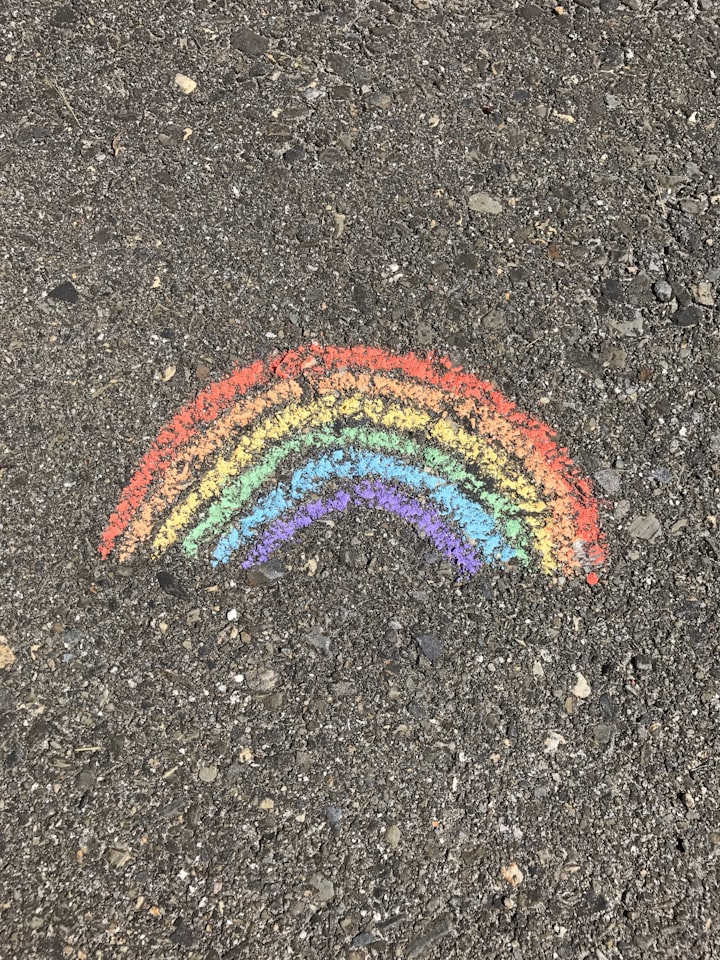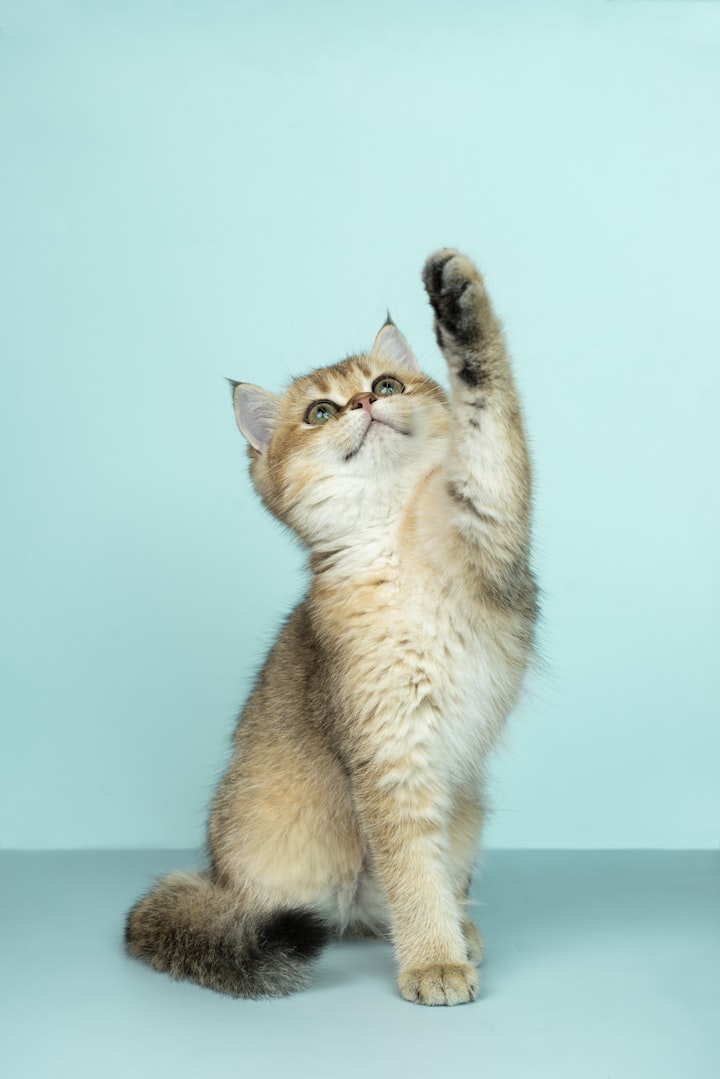Cultural Relativism after Socialized Prejudice
Sociology

Cultural Relativism after Socialized Prejudice
Growing up in a small town raised me in a different way than who I want and need to consciously be today. I grew up in an ethnocentric world, with no direct fault of my family or peers, just the community and lifestyle I was born and socialized into. During childhood being raised on a family farm surrounded by small white communities I had no connection to the outside world of differing races nor ethnicities. I grew up in seclusion unaware of the broad world until I became an adult and joined a more diverse community. I did learn of strong values and was raised around norms of a small-town farm child. Cultural relativism was of my own, so I felt I was judgemental, but as a young adult started to live life as my own and became more open. Now as I age into a mature middle-aged woman who plans on joining a profession that will be culturally diverse, I enjoy the opportunity of changing views I may have held as a child and being more open to differences.
Learned practices, beliefs, and values of family, friends, community, and life in general greatly influences someone’s personal practices, beliefs, and values. People and groups influence the way one is brought up to view the world and see themselves, how they react to and respond to others and the environment (Craig et al., 2021). Early agents of socialization which influenced the life I was born into were family, friends, school, and media but also the integration of community, religion, athletics, and media. Growing up in a small-town community, my family consisted not only of my blood family, but my community, peers, and social teams. Overall, latent functions overtook my socialization as no one in my family or community meant bad will in the way I learned to view non-Caucasian peoples (Symbaluk & Bereska, 2016). In terms of religion, I grew up as a young child going to church, which consisted of only Caucasian peoples in and around my community. I went to a small school which consisted of Caucasian classmates and teachers. My teammates were Caucasian, the players we played against were Caucasian. I was free to roam in a small-town community as it was considered safe and inhabited by Caucasian people I knew of. The limited media, due to being born in the 80s, I was exposed to contained primarily Caucasian stars, so no exposure to ‘people of color.’ A trend was happening that I was not aware of. This was my home, and this is how I grew and viewed the world, with Caucasians; all having similar traditions, values, and customs. It was natural. I did not know or realize of any other way to be rather than the way I was or lived. It was never engrained into me that the rest of the world was wrong or bad; it just wasn’t my world. I was oblivious to it.
I am learning everyday to be less ‘ignorant’ of individuals and the world. But it still happens. I continue to try to be more culturally accepting. My school never taught me to judge others, neither did my family or my peers, I just wasn’t exposed or taught any different. In my opinion my family was open to any people, but I really was not aware of other people, so no exposure nor learning. I would hear family and friends’ snide comments about religions, races, or communities, but to me it meant nothing at the time. I can not confirm any of these comments or remarks, but I see them in myself as an adult when my child would come from school and tell me of a new friend they made. My first question was always, “are they white?” That question is not needed, it does not matter. My child would always say “I don’t know?” I started to clue in that they ‘don’t know’ because they do not pay attention to skin color like I did as a child. Color does not matter.
I have begun most of my journey of cultural relativism by connecting to and becoming very close to others who are not Caucasian. I do not remember seeing much of or communicating with a person of color until I moved from my small town to a small city for higher education. So, exposure played a large role in my ignorance of others. Minimal exposure made me come to realize I may be racist or prejudice; not realizing these issues as a child. In my mid 30s I meant and fell in love with a Jamaican woman, my first meaningful contact with someone who was not Caucasian. Still, at this point in my life I was surrounded by Caucasian friends, family, and coworkers. I still inhabited a small city where other ethnicities and cultures were minority. I was open to this woman about how I am trying to be less naïve and ignorant of the world and other cultures. This woman of color and I found so many similarities between us and the differences in race or culture did not matter. I realized the way I grew up was wrong, that the way I was growing my children, by little things I did or said, was wrong. I was ethnocentric my whole childhood and into young adulthood and now I want to experience every culture, ethnicity, and custom, whether I agree with or not, the point is to accept it.
The problem is the socialization that has been engrained in me is hard to change. I did say things to this Jamaican woman that were culturally inappropriate, but in my mind they were not. Luckily, she was very understanding, and she knew I was trying and that I wasn’t racist or discriminative as I did not act on or commit to my unfairness regarding others, but I was and to some point still hold prejudice. Prejudice heightens in childhood and may lessen once a child hits adolescence (Albarello, 2020). However, my prejudice most likely did not begin to lessen until my late 20s, even early 30s when I believe I began to grow into the woman I want to be, and I felt I was able to be more open to others. My view was open, and my mindset was changing. I never cultivated any hate for any people growing up, just uneasiness, misunderstanding, and curiosity. My current Partner is not Caucasian either; she is Metis, bringing up different ignorance at times due to differing cultures and customs. I also have a couple close friends from Africa. Hence, I continue to learn and be open and accepting, increasing my cultural awareness realizing we are all people, all sharing the same basic values and morals.
I was strongly socialized and shaped by society in terms of the way I regarded individuals from different races and ethnicities. I am now taking control and while finding myself becoming more open and making cultural relativism a priority. This is important to me as I wish for my children to learn acceptance at a younger age and to maintain the current relationships I have, and to be successful in a future career as a nurse who can maintain therapeutic relationships with any person of differing gender, color, race, culture, or ethnicity.
References
Albarello, F., Crocetti E., & Rubini, M. (2020). Prejudice and inclusiveness in adolescence: The role of social dominance orientation and multiple categorization. Child Development, 91(4), 1183-1202. https://doi.org/10.111/cdev.13295
Craig, C. M., Brooks, M. E., & Bichard, S. (2021). Prosocial consumer socialization: How socialization agents impact prosocial attitudes and behavior. Atlantic Journal of Communication, 29(3), 136-150. https://doi.org/10.1080/15456870.2020.1751627
Symbaluk, D. G., & Bereska, T.M. (2016). Sociology in action: A Canadian perspective (2nd ed.). Nelson Education.






Comments
There are no comments for this story
Be the first to respond and start the conversation.